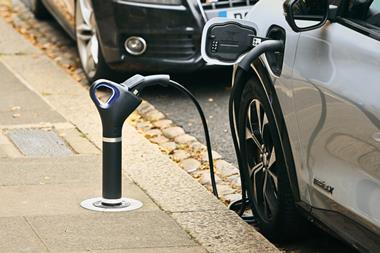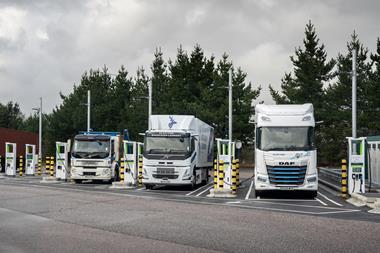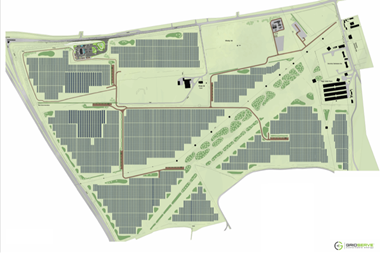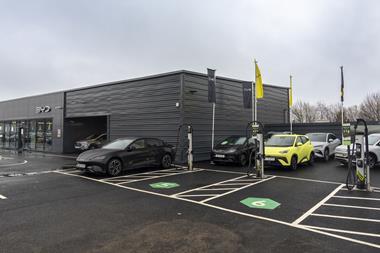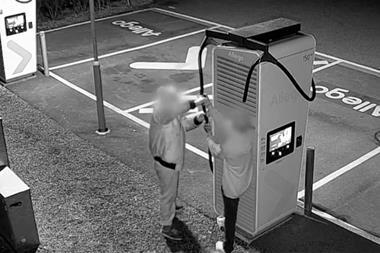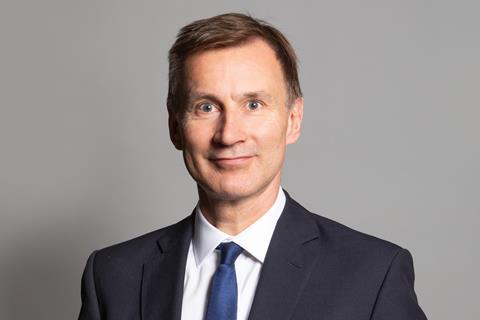
The PRA is calling on Chancellor Jeremy Hunt to implement ‘decisive measures to support the petrol retailing sector’ in his 2024 Spring Budget on Wednesday (March 6).
Gordon Balmer, executive director of the PRA, said: “The Spring Budget presents a pivotal moment for addressing the pressing concerns facing petrol retailers across the UK.
“Fuel duty has long been a key concern, providing relief to motorists amid escalating living costs. Temporary cuts and freezes have been welcome, offering relief amid economic uncertainty. However, the prospect of reversing these measures poses a threat, potentially aggravating the financial strain on consumers already grappling with volatile global energy prices.”
Meanwhile, the Society of Motor Manufacturers and Traders (SMMT) is calling for the Chancellor to use the Budget to put the UK’s shift to EVs back in the fast lane, with ‘fair taxes for a fairer transition’.
The call comes as new research commissioned by the SMMT from Savanta has revealed that rising numbers of would-be EV drivers are now likely to delay their switch to a battery electric car – but a three-point plan of tax reform would recharge the market and accelerate the UK’s progress towards net zero.
The survey found that last September’s decision to delay the UK’s end of sale of new petrol and diesel cars and vans, from 2030 to 2035, has led to almost one in four drivers (24%) delaying their plans, while one in seven (14%) say they now won’t ever make the switch.
SMMT chief executive, Mike Hawes, said that while the UK remains Europe’s second largest new electric car market by volume, with the actual number of EVs on UK roads rising, the rate of growth has slowed and EV market share has stabilised. Growth in the market is being sustained by fleets and businesses, which benefit from tax incentives. Private retail uptake, however, has been in decline since 2022 – with these buyers now accounting for fewer than one in four new EV registrations, compared with one in three previously.
“The Budget is a crucial opportunity to re-energise the EV market, with fair tax for a fair transition. The Chancellor must end the perverse fiscal system that discourages drivers from moving away from fossil fuels and send a clear signal that the time to go electric is now. Success will see our economy powered up by zero emission mobility, delivering cleaner air, quieter roads and cheaper running costs, ending the uncertainty we are seeing amongst motorists.”
Hawes called for measures in the Budget to support drivers to go green by halving VAT on new EVs, changing upcoming Vehicle Excise Duty rates so EVs are treated as essentials, not luxuries, and giving drivers more affordable public charging.
SMMT’s research found that a VAT cut on EVs is the single most effective measure that would encourage drivers to go electric sooner. Almost four in 10 drivers (37%) interested in going electric said a VAT cut would accelerate their plans – and even a quarter of drivers (26%) who weren’t interested in switching named it as the option most likely to change their mind.
Hawes said buyers of other CO2-saving technologies such as heat pumps and solar panels benefited from VAT incentives, but motorists pay the full 20% regardless of whether they buy a zero emission or fossil-fuel powered car.
Forthcoming changes to Vehicle Excise Duty (VED) due in 2025 – announced before the pandemic, economic downturn and weakening of EV demand – will result in around seven in 10 currently sold EVs being subject to an ‘expensive car’ VED supplement. “This would mean EV purchasers would effectively be penalised a total of £1,950 for choosing to buy an electric car – a choice which new mandated EV sales targets are intended to encourage,” said Hawes.
He added that the car industry wanted to see an end to the unfairness of taxation on public charging, with VAT reduced from 20% to 5%, in line with home charging.
Paul Holland, managing director for UK/ANZ Fleet, FLEETCOR, including UK brand Allstar, is also calling for more incentives to encourage drivers to buy EVs.
“EV adoption is slowing now that early adopters are onboard and incentives to buy new vehicles and invest in infrastructure have expired,” he said.
“A similar pattern happened in Norway, where after an initial period of enthusiasm, the government failed to maintain momentum with ongoing or enhanced incentives and new EV sales slowed. New EV registrations dropped from 174,845 in 2022 to 125,407 in 2023 after over a decade of rapid expansion. The Netherlands showed the same pattern. EV sales were high until 2021 then dropped significantly. KPMG reported that while EVs were significantly cheaper to run than fossil-fuel vehicles, they cost so much more to buy that consumers are turned off – this is likely doubly true for budget-conscious fleets. If we reintroduced more incentives then we could see EV use speed up again, and the UK’s fleets and motorists alike would spend far less on fuel, benefitting everyone.”
Balmer was also concerned about business rates: “The recent announcement from the Conservative Party about the standard business rate multiplier has raised concerns within the petrol retailing sector. With an impending increase on the horizon, petrol retailers are experiencing increased financial pressures. The proposed rise in business rates will only add to the growing list of cost increases that petrol retailers have had to shoulder in recent years.”





















